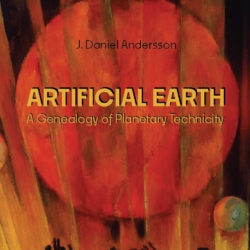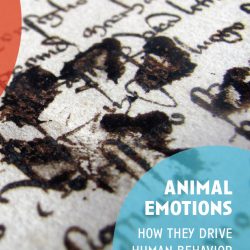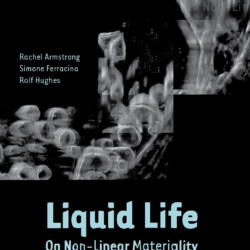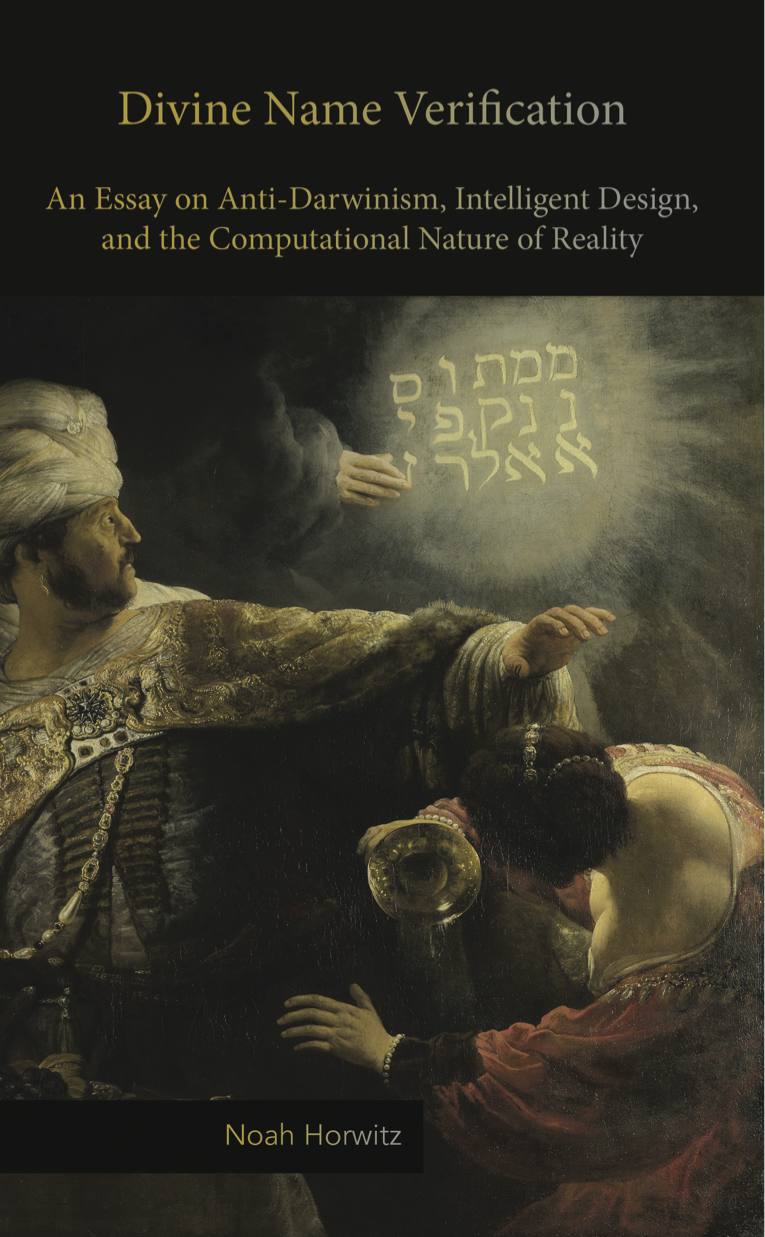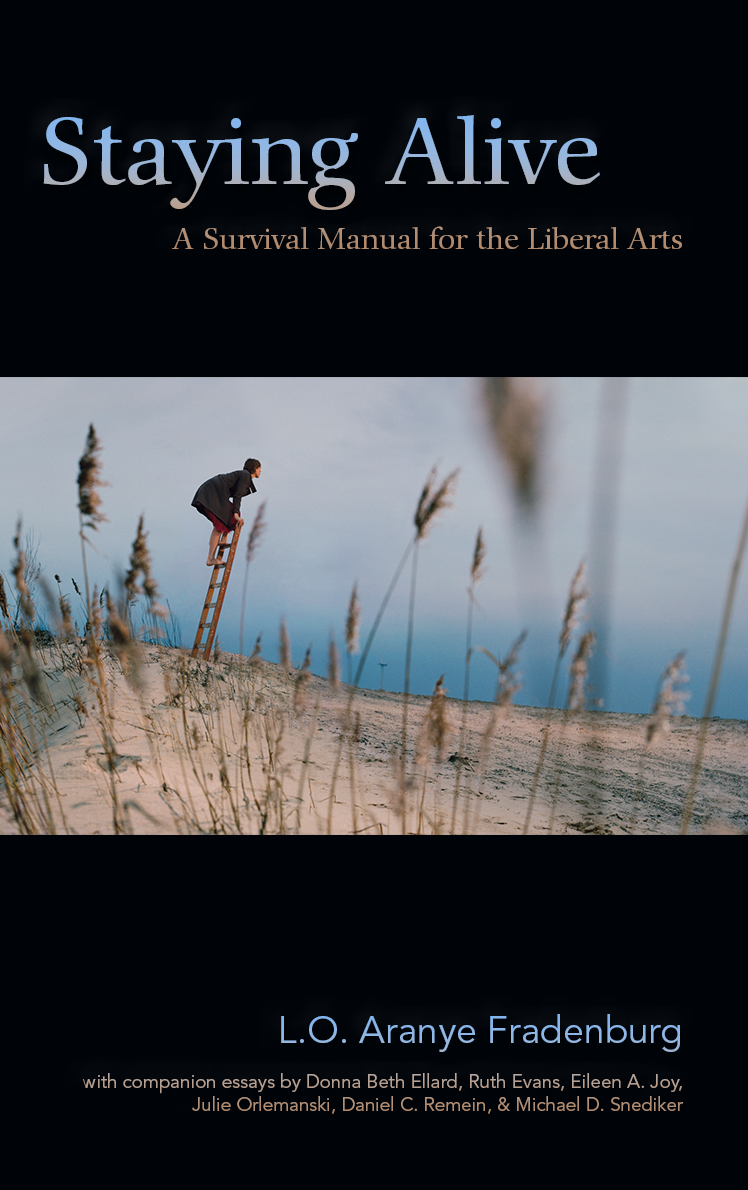Artificial Earth: A Genealogy of Planetary Technicity
Published: 10/26/2023
Artificial Earth: A Genealogy of Planetary Technicity offers an intellectual history of humanity as a geological force, focusing on a prevalent contradiction in the Anthropocene discourse on global environmental change: on the one hand, it has been argued that there are hardly any pristine environments anymore, to the degree that the concept of nature has[…]

